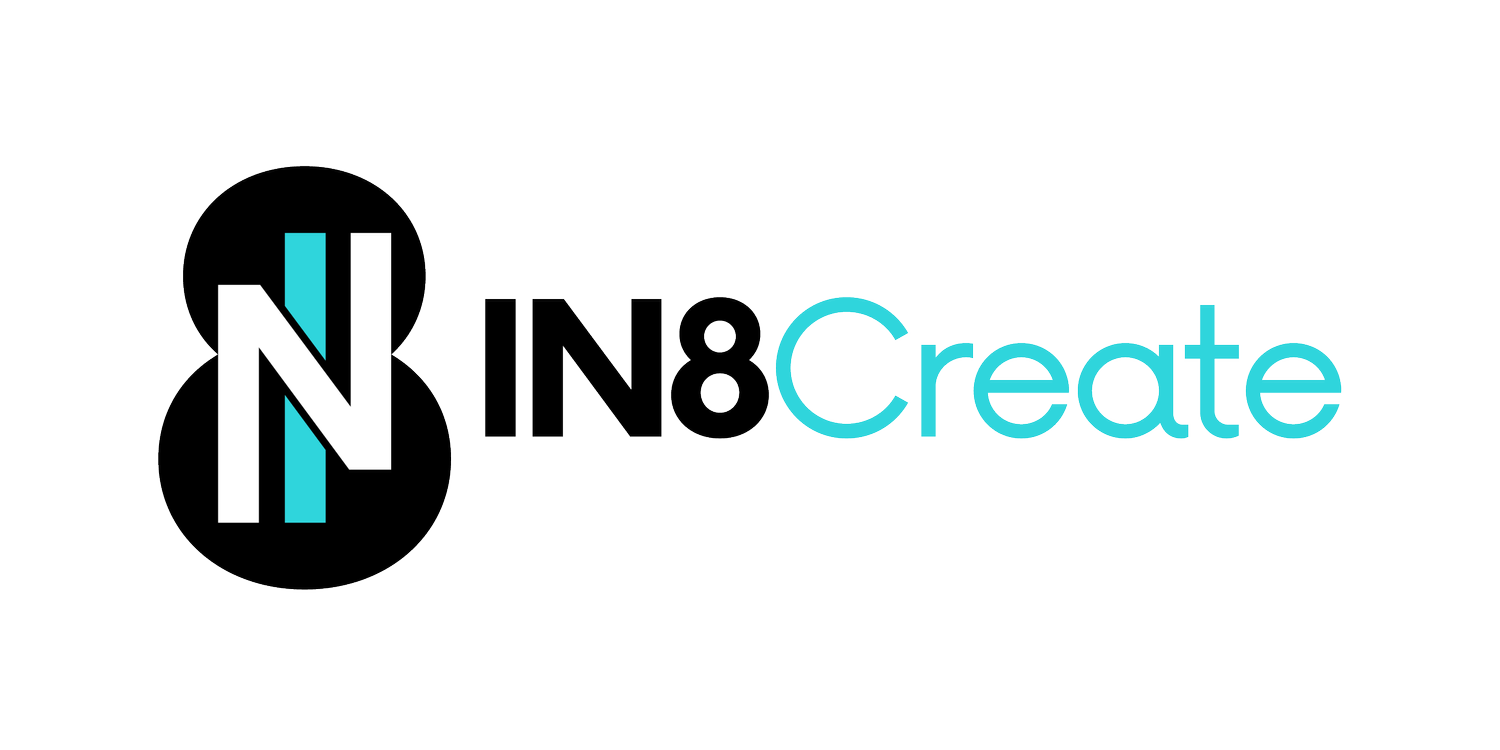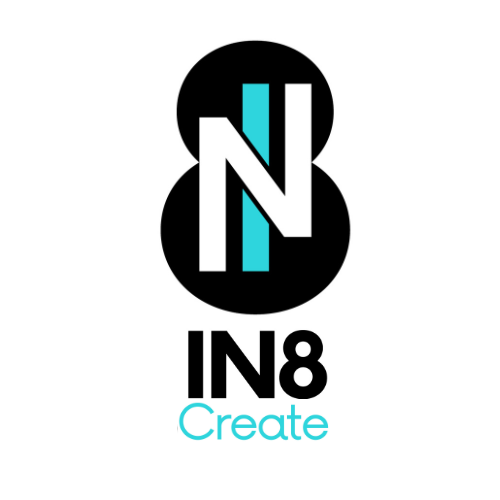
Insights
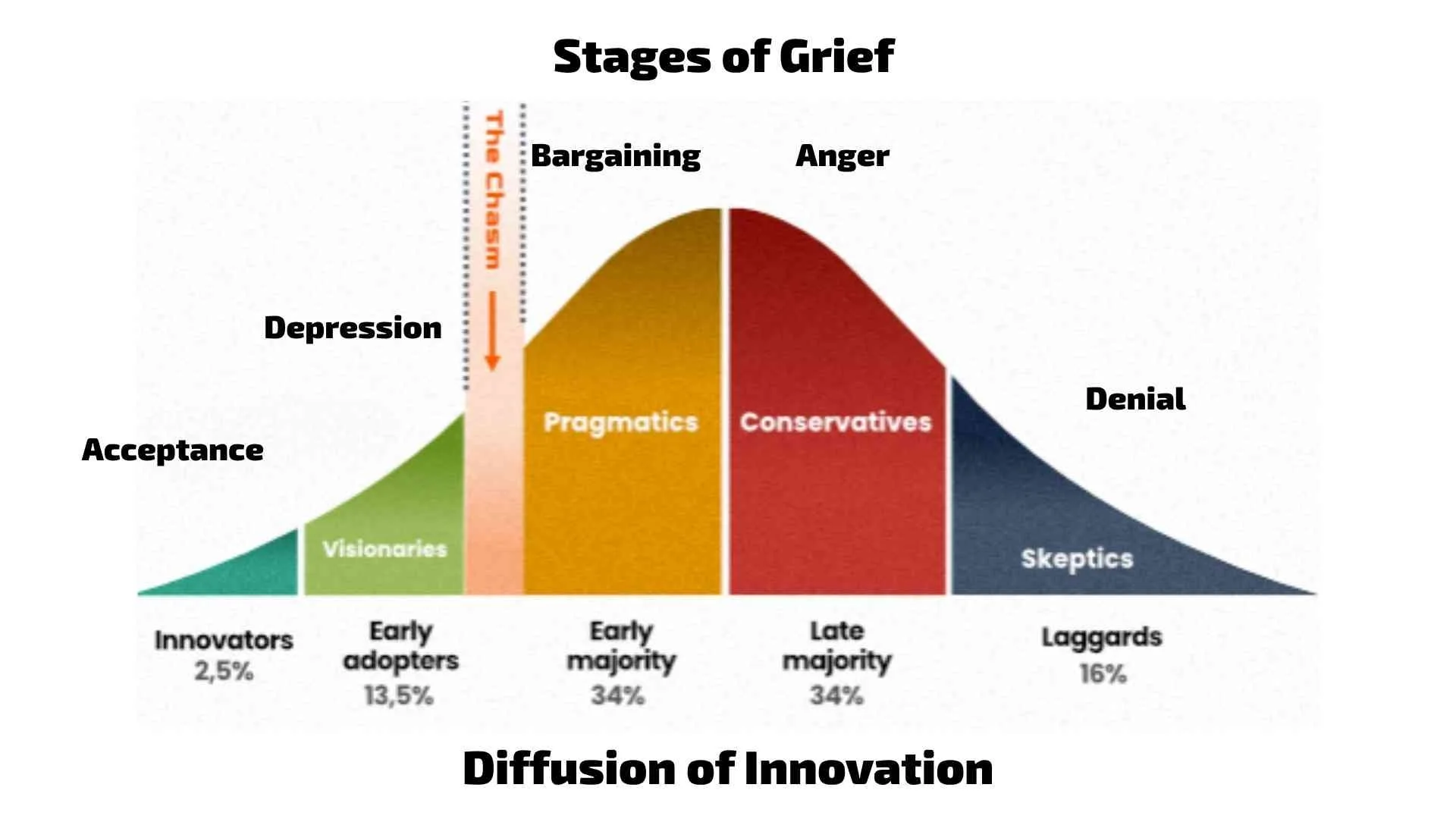
Why Teams Respond to Change at Different Speeds
When you introduce change—whether it's a new tool, process, reorganization, or way of working—you're asking people to move through a predictable sequence of psychological stages. These stages show up across three different frameworks that, remarkably, tell the same story:
Innovation Adoption → Change Transition → Grief Response

How to Choose the Right Workshop Format for Your Corporate Offsite
At IN8 Create, we're 100% outcome-focused. When your team spends time together, you should walk away with something concrete in addition to the insights and connection.
Think about it this way: instead of just learning about communication challenges, your team actually works through their specific communication blockers and creates agreements for how to handle them going forward.

The Invisible Hand of Peer Accountability
In our increasingly virtual world, we need to be more intentional about building these peer connections. Because when team members truly see each other as people they're responsible to (not just people they work with), everything changes.

Behold the Power of the Notetaker
Stop treating the note-taking role like you're asking someone to clean the bathroom. This person is literally determining which ideas survive and which ones die in committee. Celebrate this role. Appoint someone who's actually good at it if possible. And if you're stuck doing it yourself, remember: you're not just documenting a meeting—you're preserving the thinking that could transform your team.
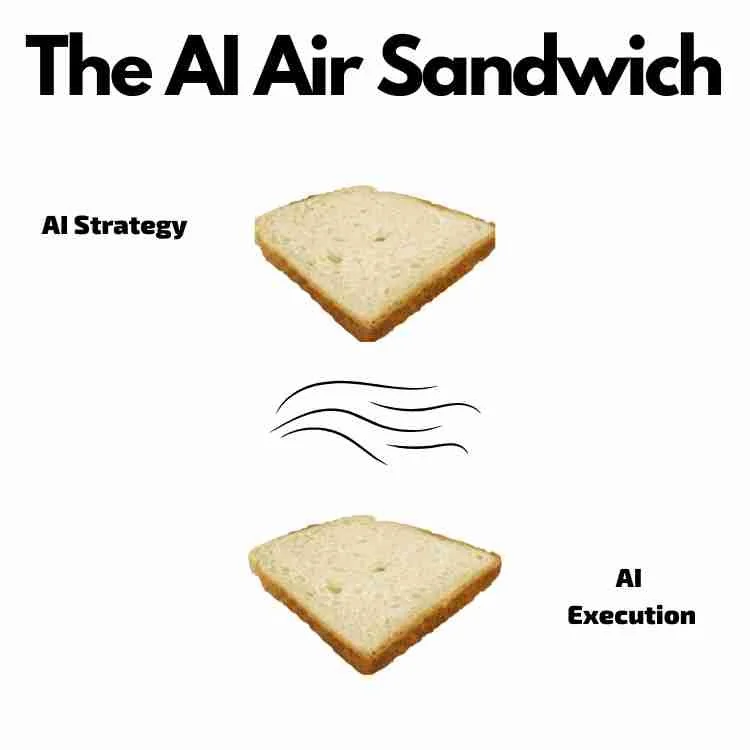
The Gap Between AI Strategy and AI Execution
Some people naturally excel with AI tools, while others struggle to find value. By framing AI adoption as exploratory—where LEARNING is the primary outcome—organizations can change the conversation entirely.

Why Great Leaders Celebrate When Team Members Move On
Many managers fall into the trap of optimizing only for their immediate team—the subsystem they directly control. This makes sense on one level; you're evaluated on your team's performance.
But truly exceptional leaders understand that subsystem optimization can lead to overall system degradation. If every manager hoards talent, the organization stagnates. If teams become too comfortable, growth opportunities diminish.

Identifying Leadership Friction in Teams
The goal isn't to eliminate all friction - some friction is necessary for traction. The goal is to ensure we're not unwittingly creating additional friction that slows our teams down or sends them in conflicting directions

The Foundations of Amazing Teamwork
Creating an exceptional team requires intention and effort, but the rewards are worth the investment. When these six foundations are firmly established and actively maintained, teams can achieve remarkable results while creating an environment where everyone flourishes. Excellence in teamwork isn't accidental - it's the product of careful cultivation of these essential elements.

The Ultimate Guide to Cultivating Team Apathy
Remember, creating true apathy takes dedication. You can't just be a bad leader – you need to be consistently, persistently, and methodically soul-crushing.

Stepping Forward - The Hidden Power of Team Commitment
The psychology behind this approach aligns perfectly with James Clear's insights on identity-based habits in his book "Atomic Habits." When we incorporate something into our identity – whether it's being a committed team player or a coachable athlete – our actions naturally flow from that self-image. It's no longer about forcing ourselves to follow rules; it's about staying true to who we've declared ourselves to be.

Do You Have “That Guy” on Your Team?
Have you had this discussion with your team? Are they holding people accountable in ways you are unaware of?Here’s a tip - Have a theoretical conversation on what it takes to be a good teammate. Have the team list out qualities and agree on a top 5 . If there is an issue on your team, a “quality” will be surfaced that is being broken.
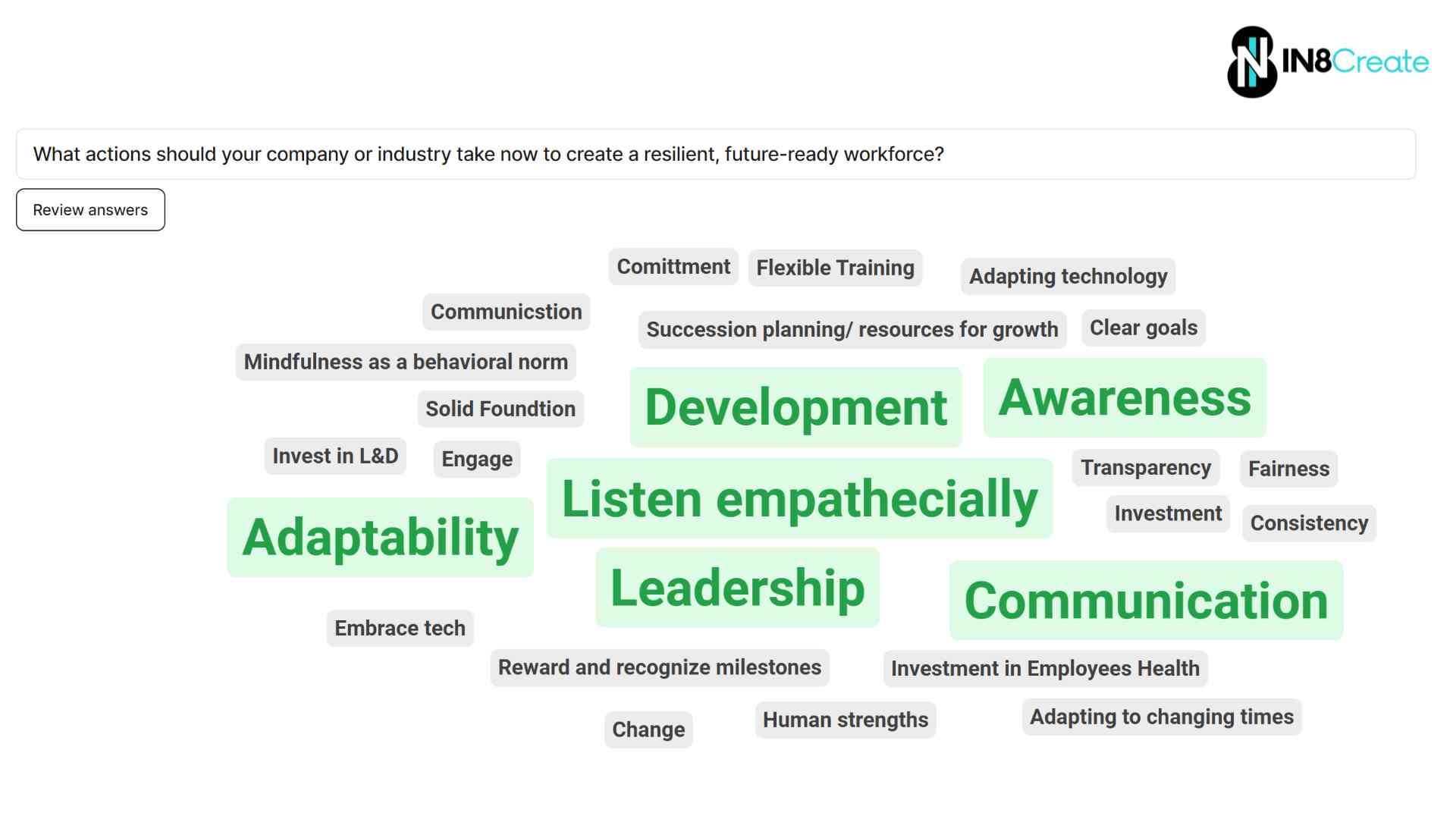
Creating A Resilient, Future-Ready Workforce
In our recent "Build Your Future Workforce" workshop with the Westchester Human Resource Management Association (WHRMA), we explored a crucial question: What actions should companies take now to create a resilient, future-ready workforce? The responses from participants were diverse and insightful, highlighting the complexity of this challenge
